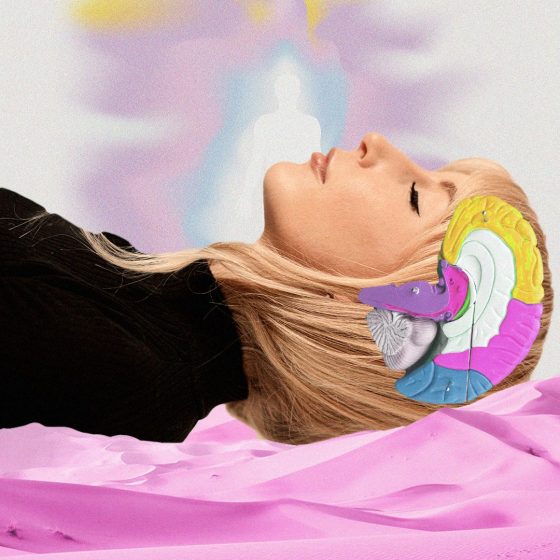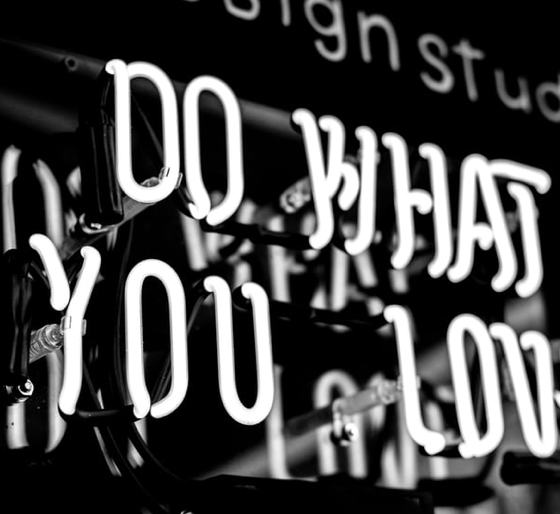Do you ever feel like you’re a human sponge? What I’m talking about is that quality some of us have of absorbing the emotions of the people around us. It’s basically over-empathising. And whether the emotions are good or bad, it’s exhausting.
I can arrive at work or a social gathering feeling completely myself, but little by little I start to take on what everyone else is feeling. It’s like I put on an extra layer of clothing each time I encounter someone. That person’s bad mood. That person’s too-large workload. That person’s sick dog. I want to be able to solve it all. I hold the energy on my shoulders as it simmers. It makes me tone down and re-assess my own positivity.
It’s probably an overly dramatic imagining, but you remember the Dementors in Harry Potter? They suck the soul out of any human they encounter until they’re just a milky pale outline of their former self. This is a little similar. As the hours tick by, I feel a sense of myself slipping away, along with all of my energy.
It’s somewhat exhausting, all this feeling for other people. Which is why after a working day all I want to do is sit in a room in silence and just decompress. I allow all those foreign emotions to seep out of me and let myself (or rather, my ‘self’) pour back in. I reconnect with how I’m feeling.
Now this is all well and good when you can control your environment. But how about when you work in an office?
The key is preserving your energy. If you’re feeling drained at work it’s probably the interactions, conversations and meetings you’re constantly having. If you’re a spongey, people-pleasing empath like me, you’re probably putting your absolute all into each and every one of those conversations because you want the other person to like and respect you, and you also want them to feel liked and understood. You take absolute responsibility for a conversation and how it goes.
Now that’s a lot of effort when you could be having a hundred conversations a day. No wonder you feel drained!
My therapist gave me an image I still use to this day. Imagine two people talking, then imagine an invisible line between them. Ideally, each person stays on their side of the line and meets in the middle. They’re both doing an equal amount of the work. That’s a healthy conversation.
But when I talk to someone, I am leaping over that line. I’m way over my remit. I’m leaning forward. I’m straining out of my space and into theirs. I get exhausted because I physically and mentally throw myself over that line.
My need to impress people I have never met before is astounding. And these are the kind of interactions that happen all the time in an office environment. Say I was to interview someone in my old job. I’m immediately bounding over that invisible line in between us. I’m so eager to impress and make them like me. Even though they should be the one trying to impress me!
Now that I know this, I physically hold myself back. I let the other person do their fair share. Sometimes this means actually leaning back in my chair. Not to be cold or standoffish, but just to save my energy.
No nervous laughter, oversharing, apologising, or desperately searching for compliments. I try to just take a breath and physically pull myself back, envisioning that line, and staying on my side.
To be clear, this doesn’t apply to nearest and dearest. Closeness and intimacy when speaking to someone close comes naturally, it’s not an effort. And of course, sometimes you immediately develop a rapport with someone you’ve just met, and that line can disappear, because when that happens, it’s not an effort. Good chemistry with someone means you naturally want to give more, because you’re getting more back. It’s that simple.
I’m not suggesting you become a frosty ice queen. Just remember not to give all of yourself, all the time. Remember that invisible line, and use it to save some energy for you.









